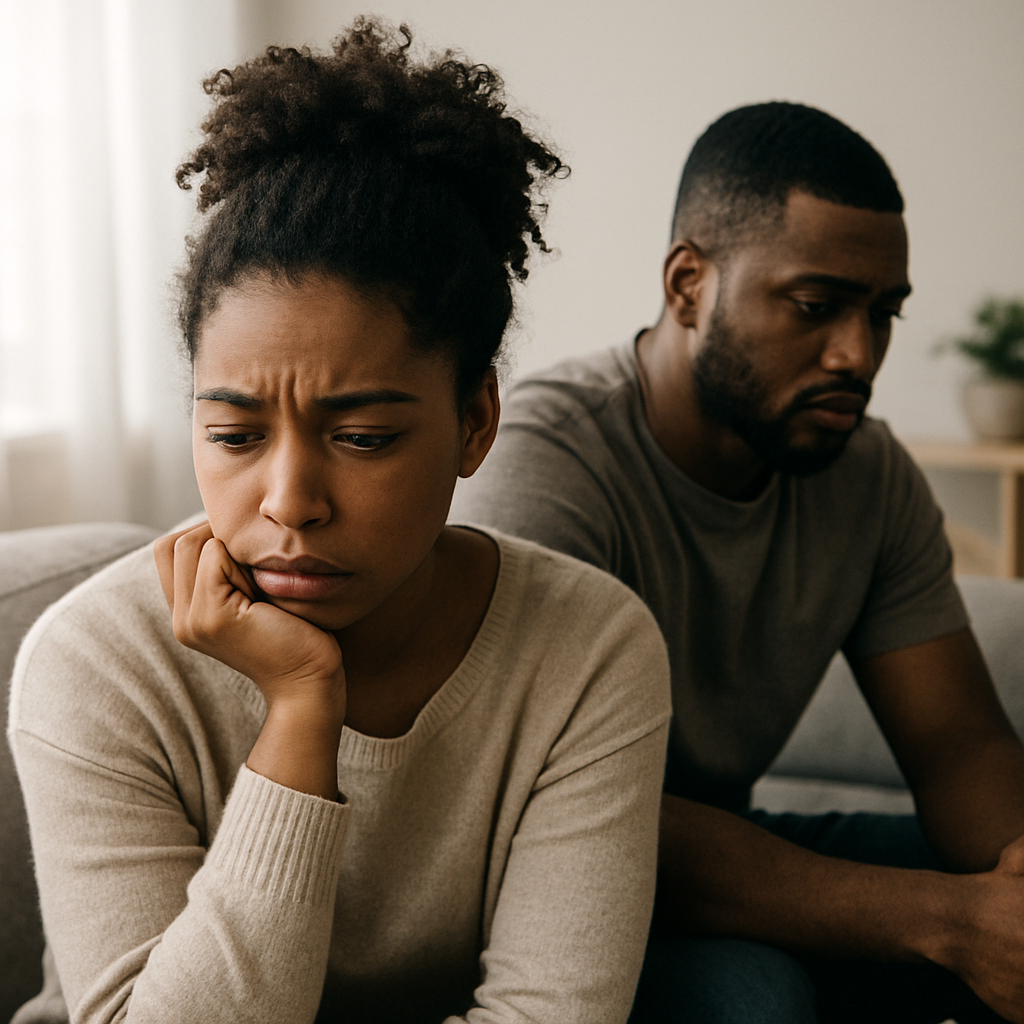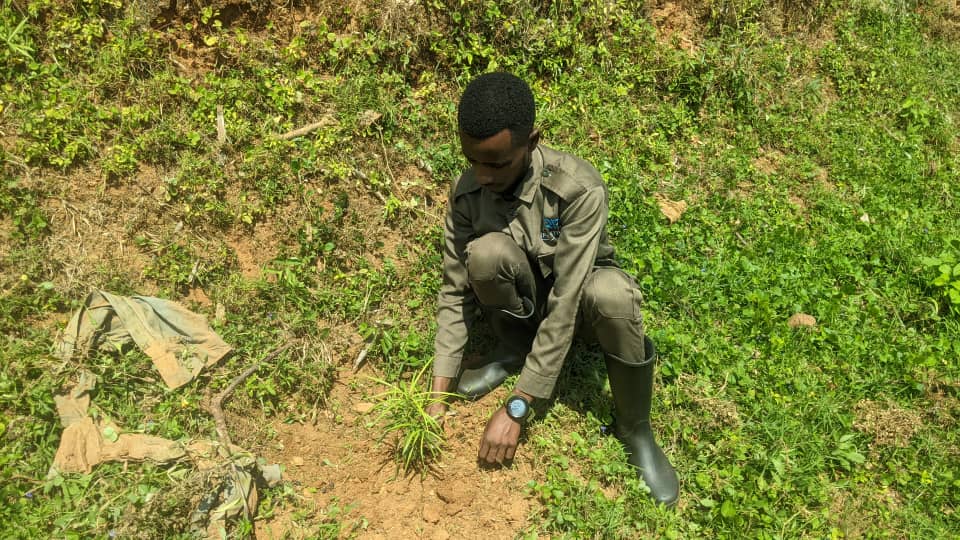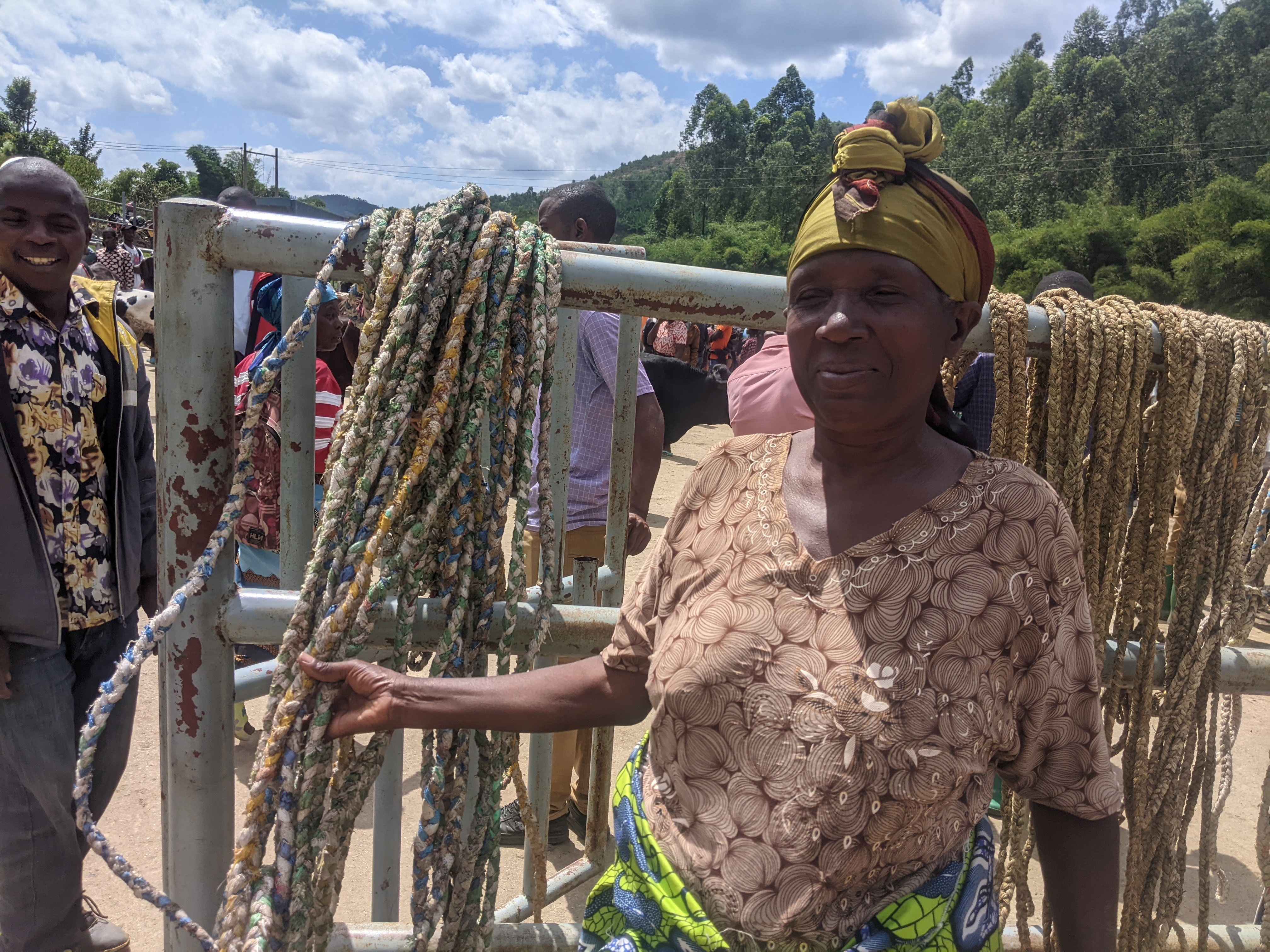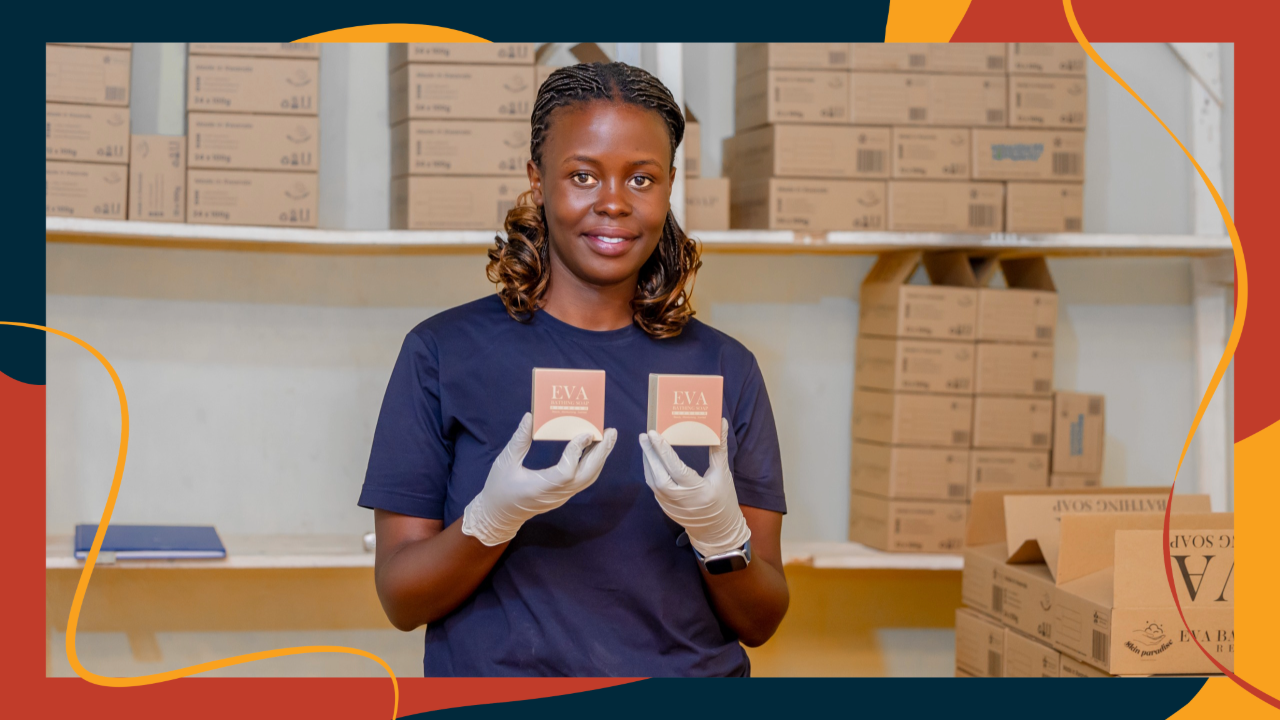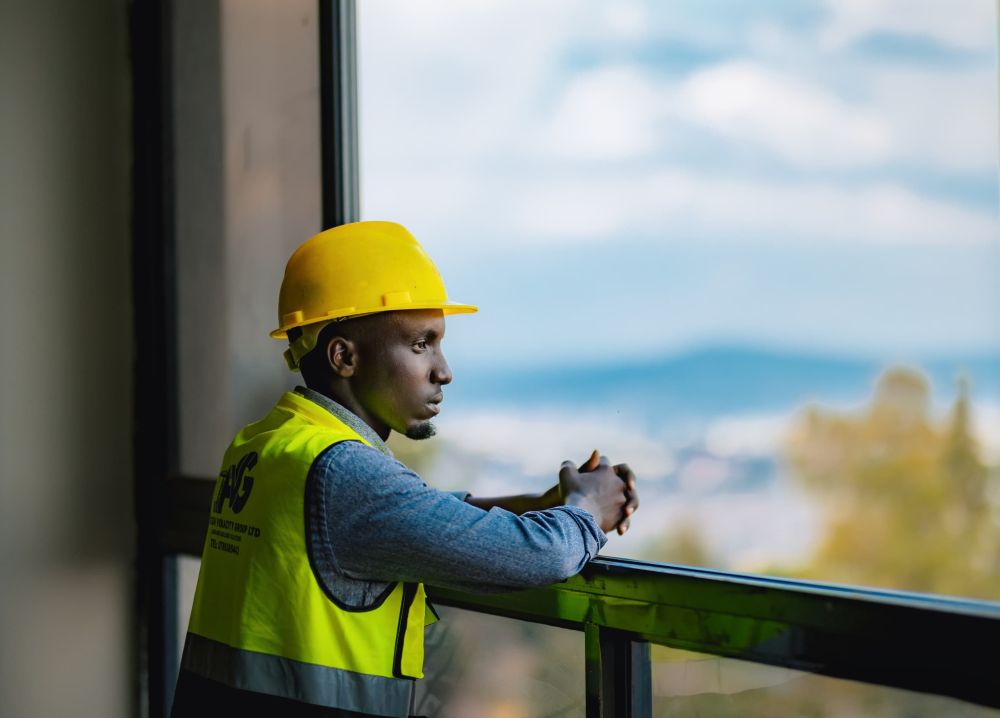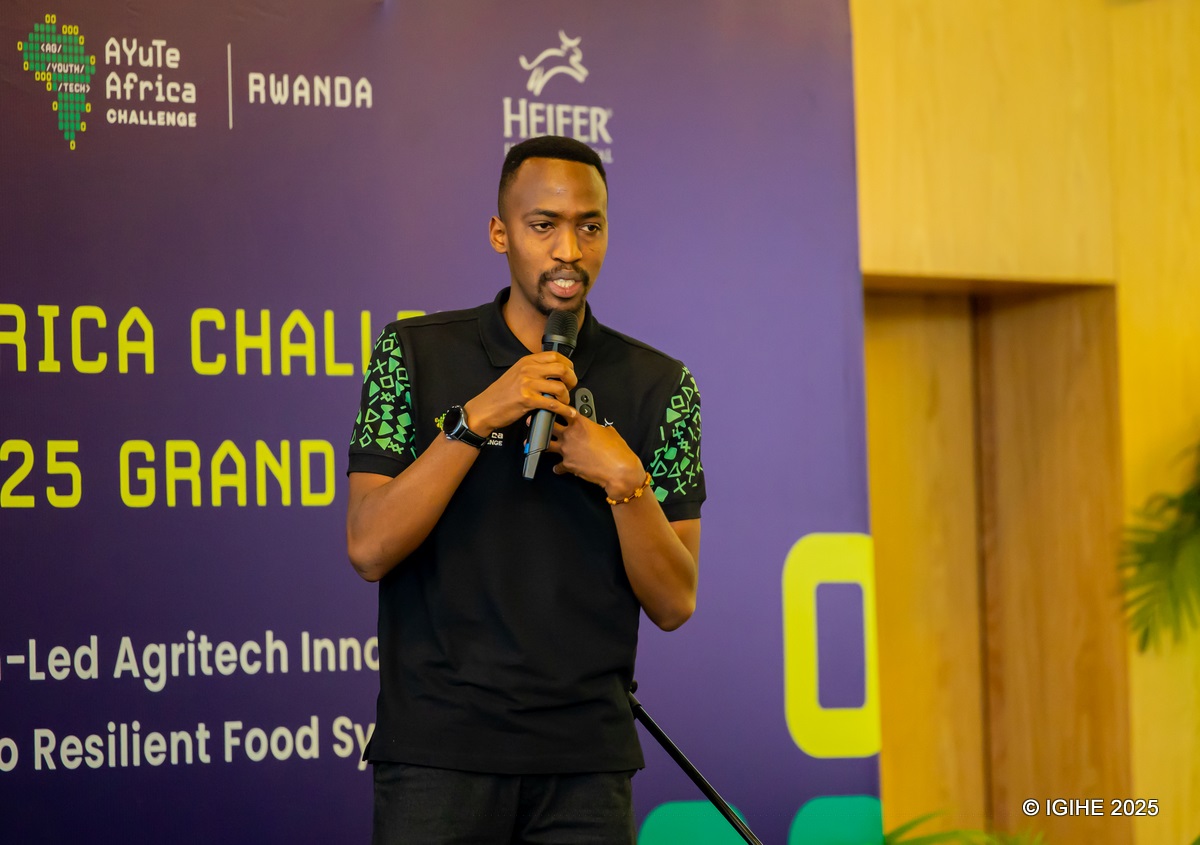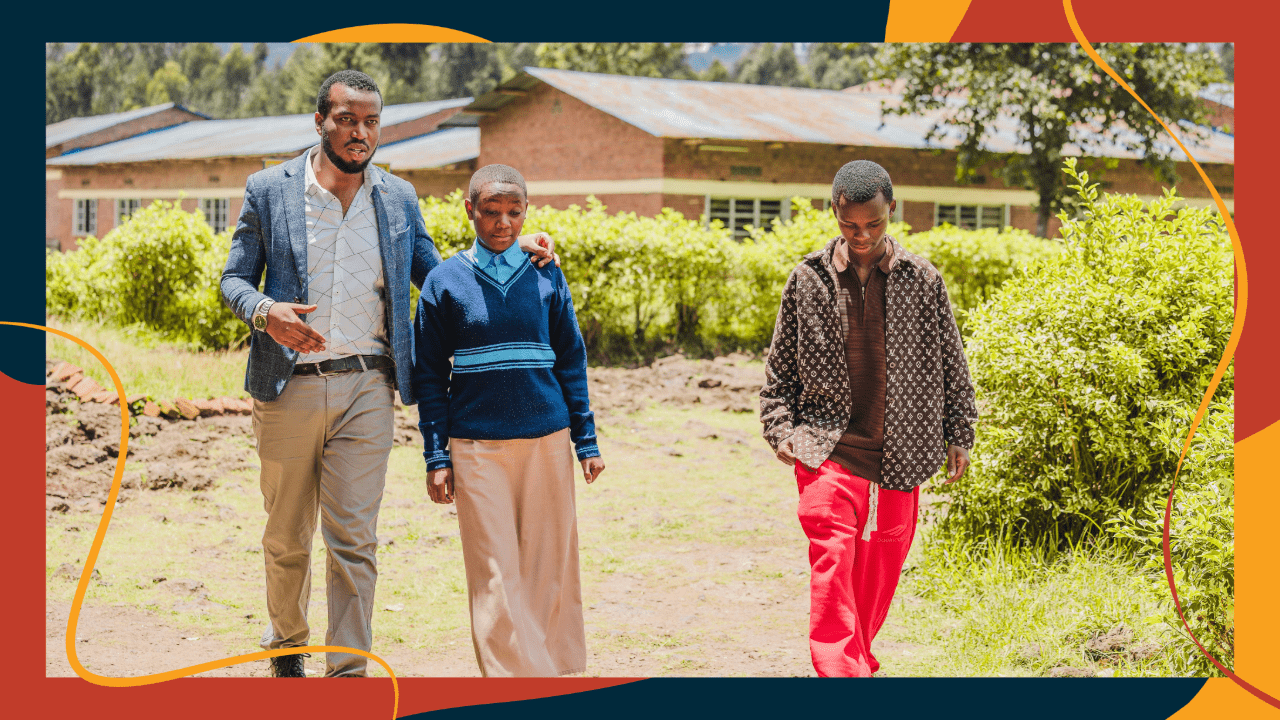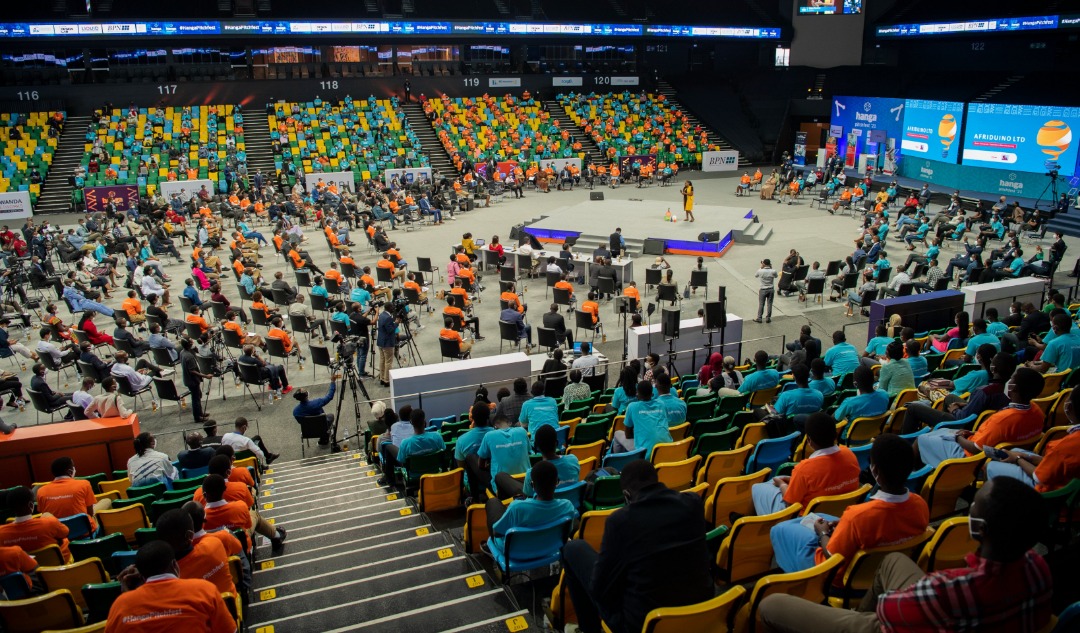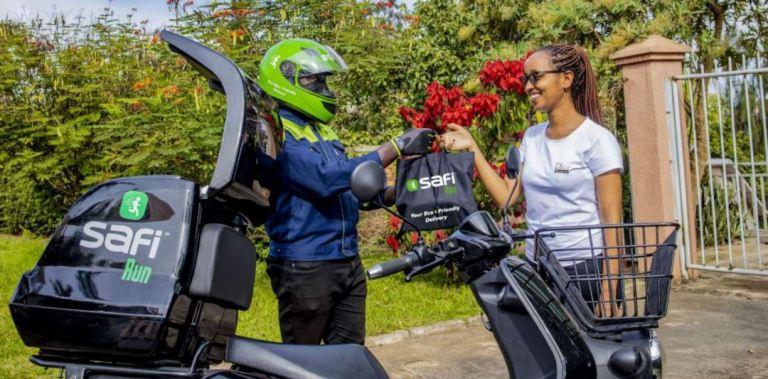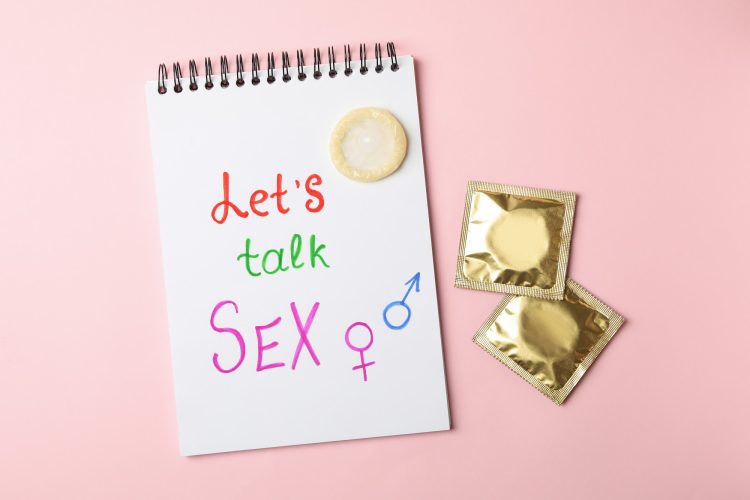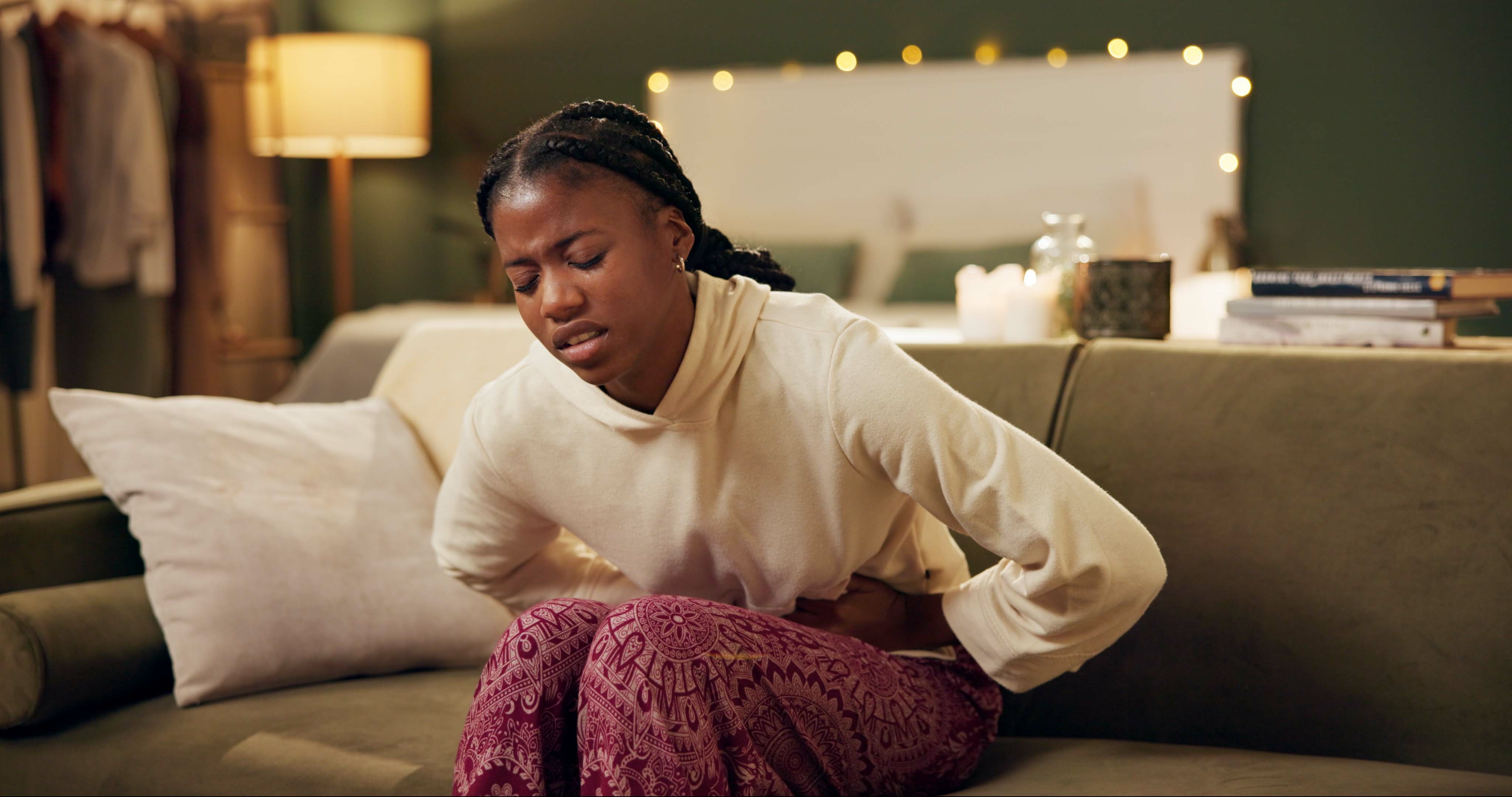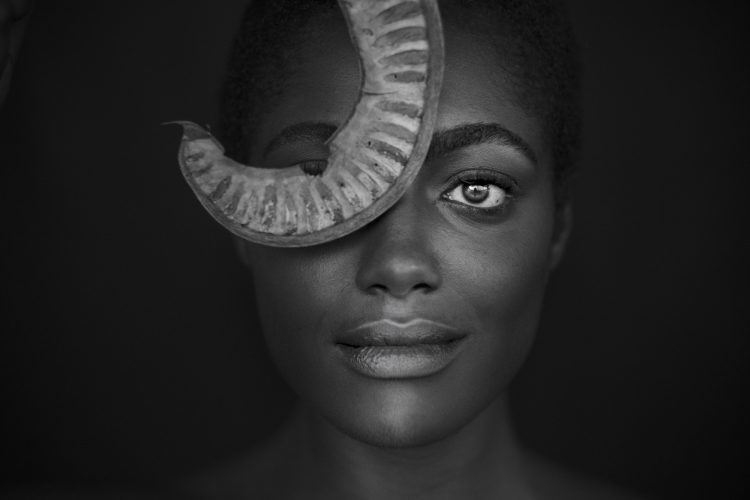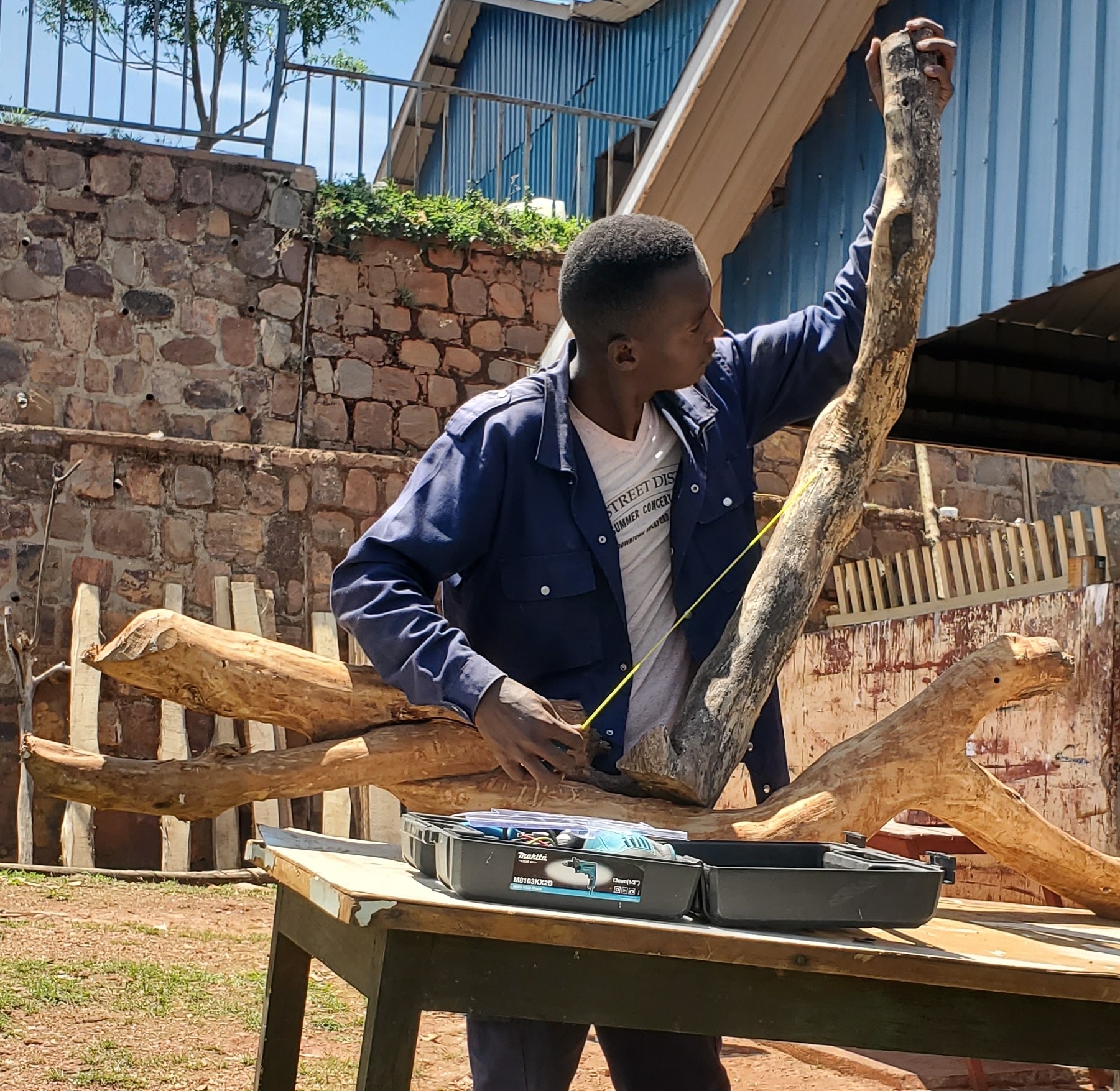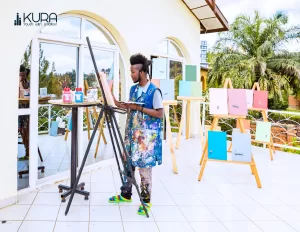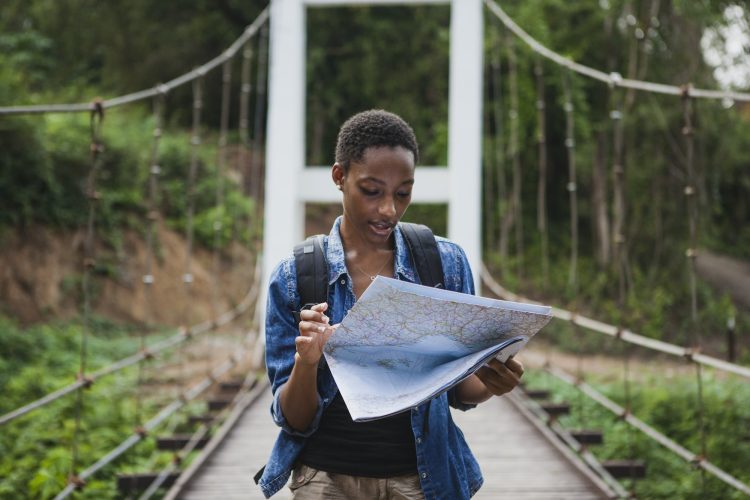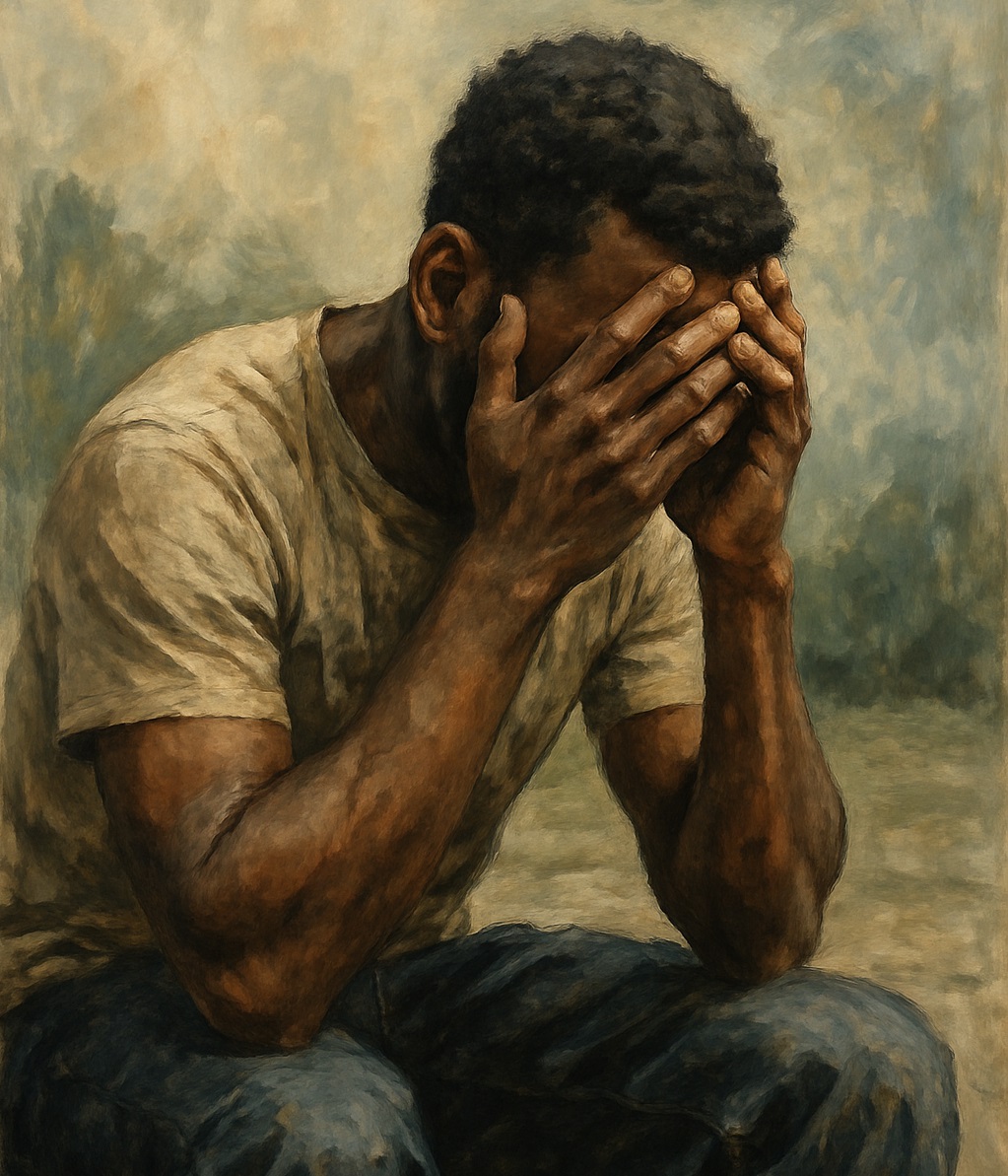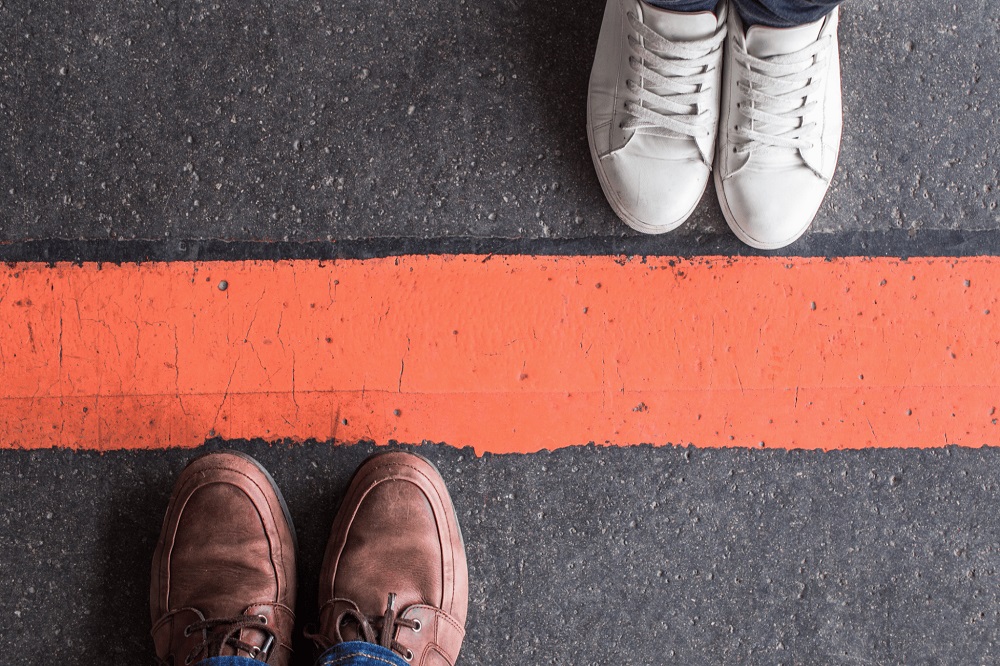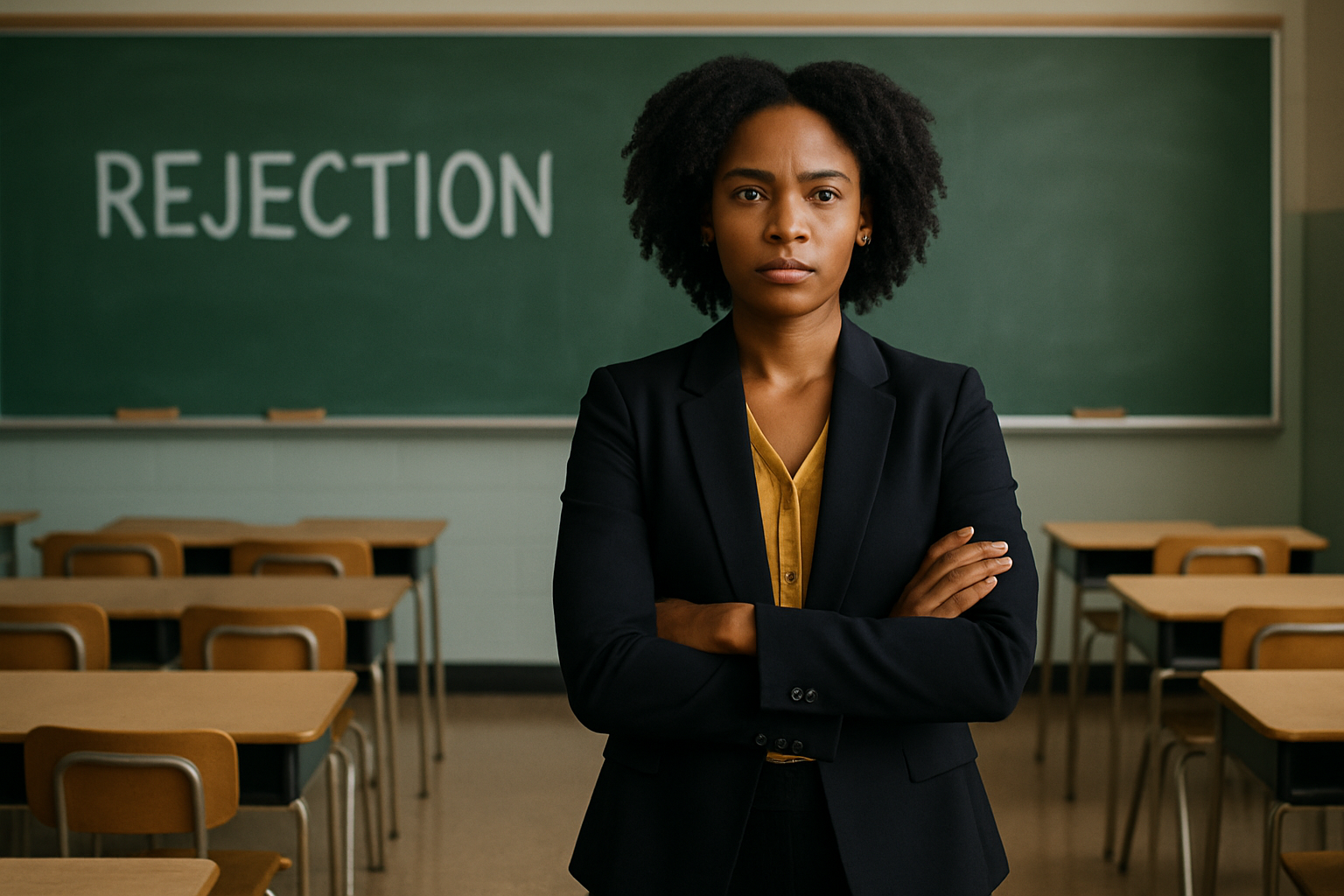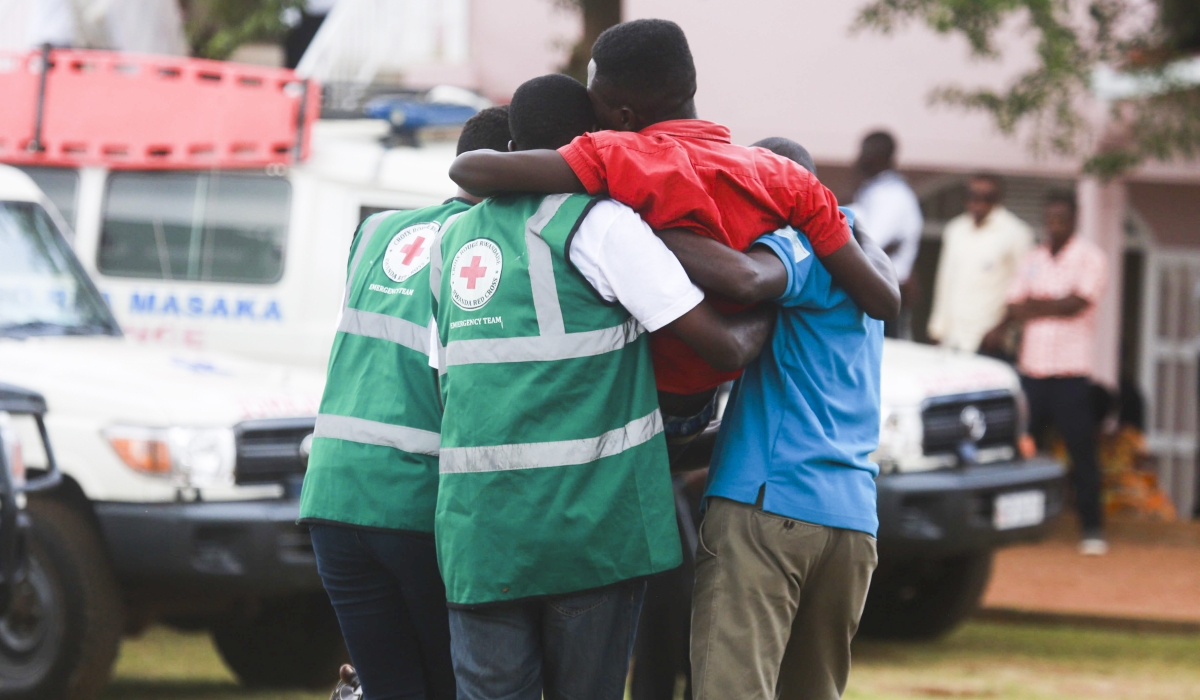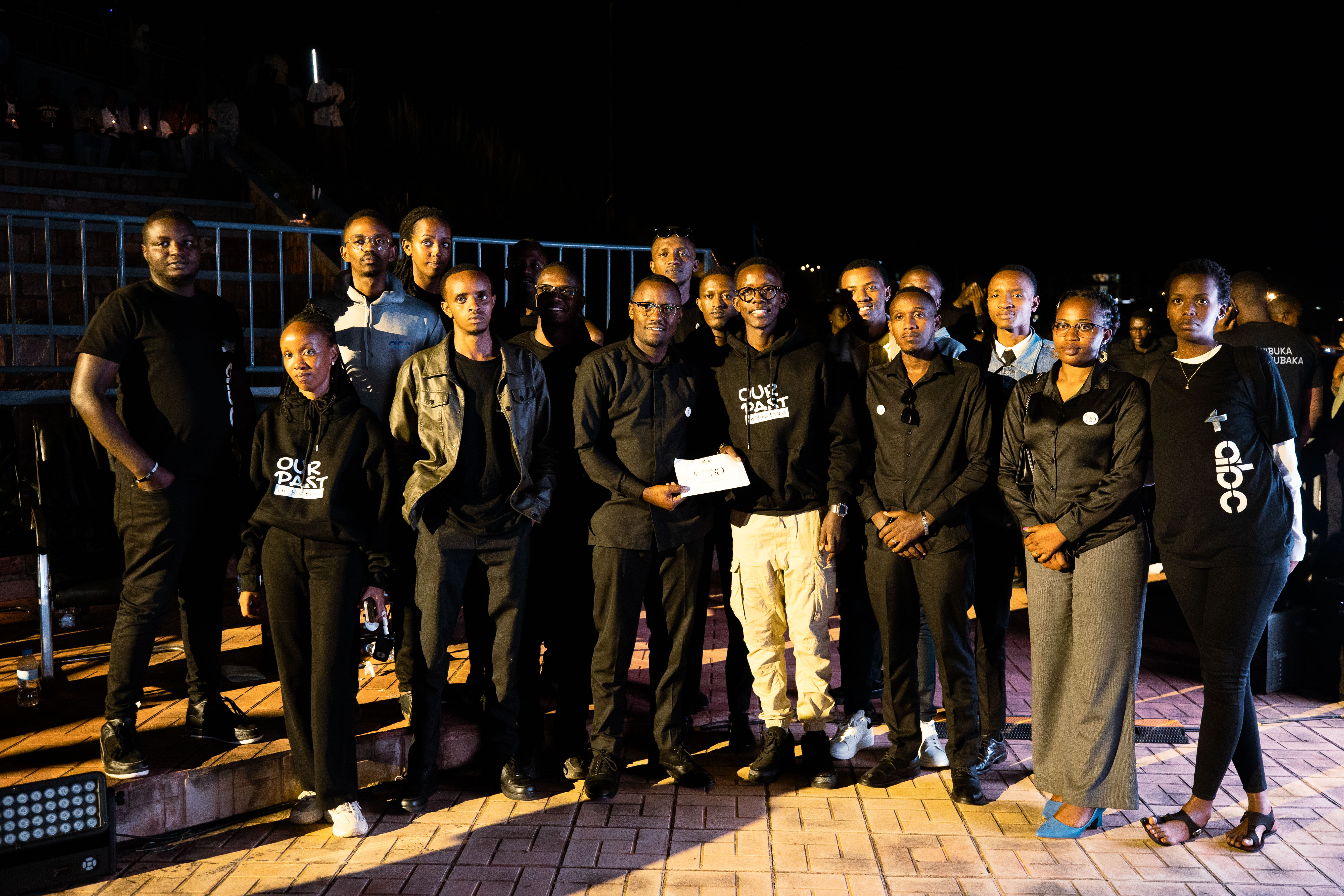The youth of the Our Past Initiative shows that the movement to build unity and integrity, it works to unite all Rwandans without discrimination to build a better life for Rwandans and a country that is free from divisions.
When the Genocide against the Tutsis was stopped by the RPF-Inkotanyi, one of the things that had to be taken care of urgently was the empowerment of Rwandans so that the development that Rwanda wants can be achieved without anyone being left behind.
The figures of the National Commission for Unity and Reconciliation in 2020 showed that the rate of reconciliation among Rwandans reached 94.7%.
Research shows that this number has been increasing over time, because in 2015, unity and reconciliation among Rwandans was at 92.5%, while in 2010 the rate was 82.3%.
Among those who contributed to the growth of these figures, are young people from the Our Past Initiative, which was born in 2012. Its roots are rooted in the dance group called Sixty Entertainment.
They are young people from diverse backgrounds each with a history that relates to the 1994 genocide against the Tutsi.
They do various activities but focus mainly on helping the survivors of the Genocide against the Tutsi and improving the social life of Rwandans in various ways, focusing on helping them build houses.
The commemoration activities they organize every year started with the participation of a few people. Still, because of their goals, everyone was interested in participating, so on the evening of April 09, 2024, the commemoration activities for the 30th Genocide against the Tutsis, were attended by more than 5,000 people. from the 200 they originally started within 2012.
The CEO of Our Past Initiative, Christian Intwari, said that it was important for young people with different backgrounds to meet without discrimination and help the government in the process.
He said “In Our Past Initiative we meet as Rwandans. It does not remove the fact that this history exists, but the reason we are studying it is that we do not want to see again that those who committed the Genocide, and others who were victims of it, have two parts in the Our Past Initiative. No, that’s not true.”
He showed that they did not vote to choose one from here and the other from there to reject him, but they joined forces.
This leader pointed out that they are fighting to make sure that what happened in Rwanda will not happen again through various activities like commemoration and community work with no one being left behind.
He said, “We do our community work between three and four times a year, where we show the youth their role in this movement.”
Beza Amen Hoziane, who survived the Genocide against the Tutsi, is among the youth behind our Past Initiative. He had the opportunity to study in the United States of America.
He pointed out that he found Our Past Initiative to be a good way to discuss history and unite Rwandans and says that “when we started, you could see that the youth treated it as a game, but now they treat it as important history.”
“We are a big family but we still need other helping hands. As you know the youth are the majority. We feel that we have not yet reached the point where we are reaching every young person. Let’s work together to make Rwanda a country built on unity. No one else will do it but us youths.”
Until today, Our Past Initiative has reached an interesting point where at the beginning it was struggling to visit the families and provide them with food and other necessities, but now every year they repair between nine and 12 houses of the needy.
Our Past Initiative has reached a commendable milestone, the organization has around 400 members from countries including Rwanda, the United States, Canada, Malaysia, China, and France. Qatar will join this year, with Italy and Germany expected to join next year.
It is anticipated that on April 18, 2024, Our Past Initiative will collaborate with the Rwandan Embassy in Qatar to commemorate the 30th anniversary of the genocide against the Tutsi in Doha.

